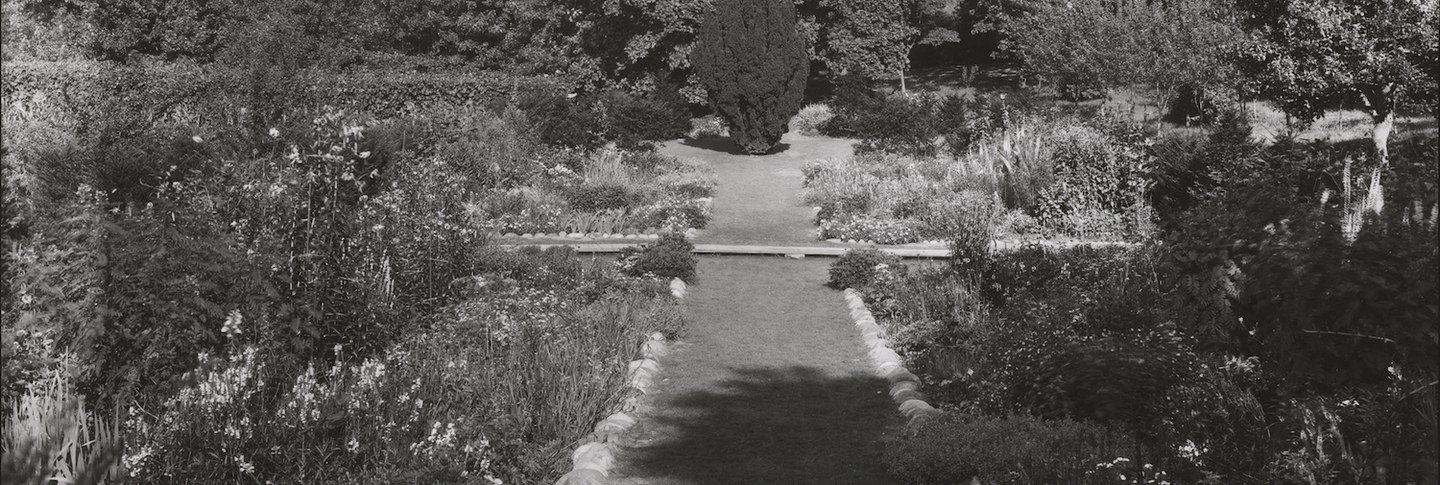
NEWSLETTERS
This page contains news about new books, upcoming events, calls for papers, and more. Chapter members also receive this information via email in a monthly bulletin. You can read our latest newsletter and find links to prior newsletters below.
Please send us news! Email announcements to sahlandscape@gmail.com.
|
|
